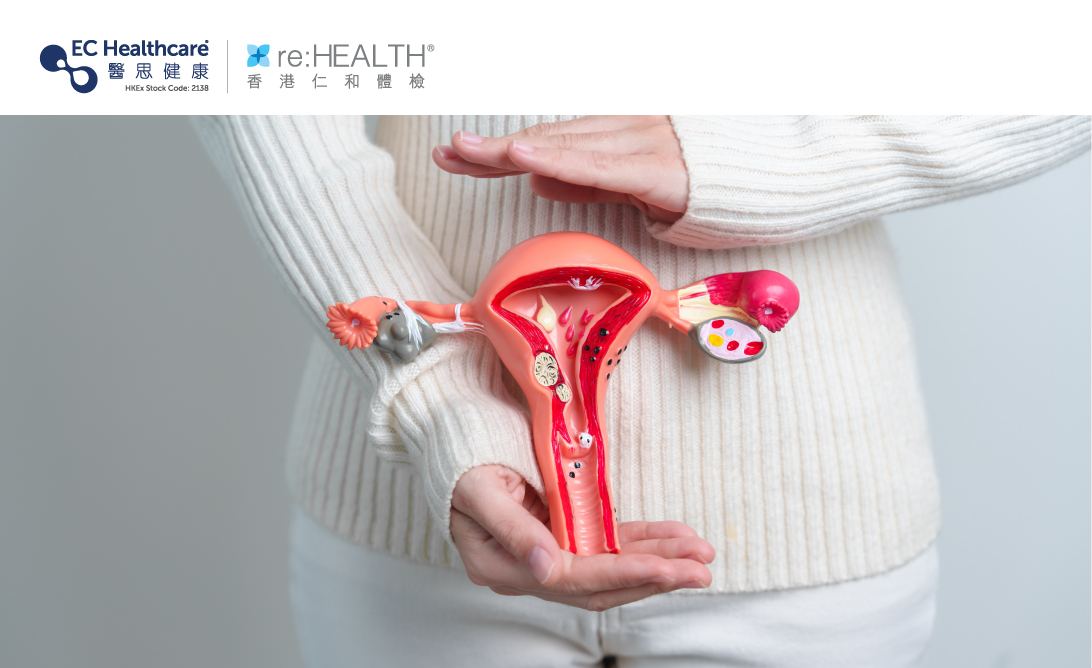Do You Experience a “Heavy” Vagina? It Could Be a Sign of Pelvic Organ Prolapse


Pelvic organ prolapse is a common disease where pelvic organs such as the uterus, bladder, vagina, and rectum drop due to weakened muscles and ligaments or damaged tissues in the pelvic floor.

About 40-70% of women are identified with its symptoms in gynaecological examinations. Depending on the degree and location of the prolapse, potential symptoms include a bulging vagina, a “heavy” and uncomfortable vagina, lower back pain, difficulty and pain during intercourse, urination and defaecation. Many patients feel embarrassed about the condition and are reluctant to seek medical attention. In fact, such symptoms can be relieved with proper treatment.

Causes of pelvic organ prolapse
Women’s body degenerate as they age. As supporting tissues in the pelvic cavity undergo atrophy over time, the muscles will weaken and become stretched as well. During menopause, the decline in estrogen production will further accelerate the degeneration of the tissues. Previous pregnancy and childbirth, frequent childbirth, long deliveries or damage in the pelvic floor muscles or nerves during labour can also cause pelvic organ prolapse. In addition, long-term pressure in the abdominal cavity such as obesity, chronic coughing and constipation can also cause prolapse.
Symptoms depend on the location and severity of prolapse
Patients’ symptoms vary with the sagging position. Patients will generally feel a serious dragging discomfort, and even a protruding bulge in the vagina, which is often mistaken as cancer. If the ligaments and fascia in the anterior vaginal wall that support the bladder lose strength, this will lead to a dropped bladder, hence the difficulty in urination. On the other hand, a weakened posterior vaginal wall will cause dropped rectum or small intestines, hence the difficulty in defaecation. Uterine prolapse occurs when the top of the vaginal wall weakens. Patients will experience a dropping pressure, lower back pain and pain during sex.
Treatment
Treatment modalities vary with the prolapse location and severity, and can be either surgical or non-surgical.

Non-surgical treatment
Mild cases with no symptoms do not require surgical treatments. Patients can benefit from pelvic floor exercises to strengthen muscular support. If necessary, a temporary plastic vaginal pessary can be used to prop up the sagging organs, but beware of bleeding and interference with sexual activity from prolonged use. So, pessaries must be replaced regularly.

Surgical treatment
Surgical treatment aims at restoring the pelvic tissues to their original positions, improving the patient’s quality of life by restoring normal sexual, bladder, and bowel functions.
If you notice a problem with your pelvic tissue, you can seek medical advice from a specialist.
Related Brands










